Is it possible to make money out of our oceans while preserving and even enhancing them? Chris Gorell Barnes thinks so. The Co-founder of Ocean 14 Capital and Blue Marine Foundation speaks to LUX Editor-in-Chief, Darius Sanai about the possibilities in the blue economy
LUX: What is the focus of Blue Marine Foundation going forwards?
Chris Gorell Barnes: The focus is on stopping overfishing – which is undoubtedly one of the worst threats to the ocean. Restoring, regenerating and protecting the oceans and creating large scale Marine Protected areas, all done through innovations and an agile and entrepreneurial approach to conservation.
LUX: How has the foundation succeeded in capturing the public’s imagination where other groups have failed?
CGB: Through actually delivering successful conservation wins and first-of-its-kind innovations for the oceans, and incredible marketing, media and editorial work. (We have a journalist, a filmmaker and a marketer as Co-founders!)
LUX: How important has your background in marketing and content been for Blue Marine Foundation?
CGB: It’s been helpful, coupled with my co-founders’ skills. From the start, we were way ahead with our social media and content approach and have built an incredible media unit to use media to drive significant conservation wins. The film, The End of the Line is in our DNA.
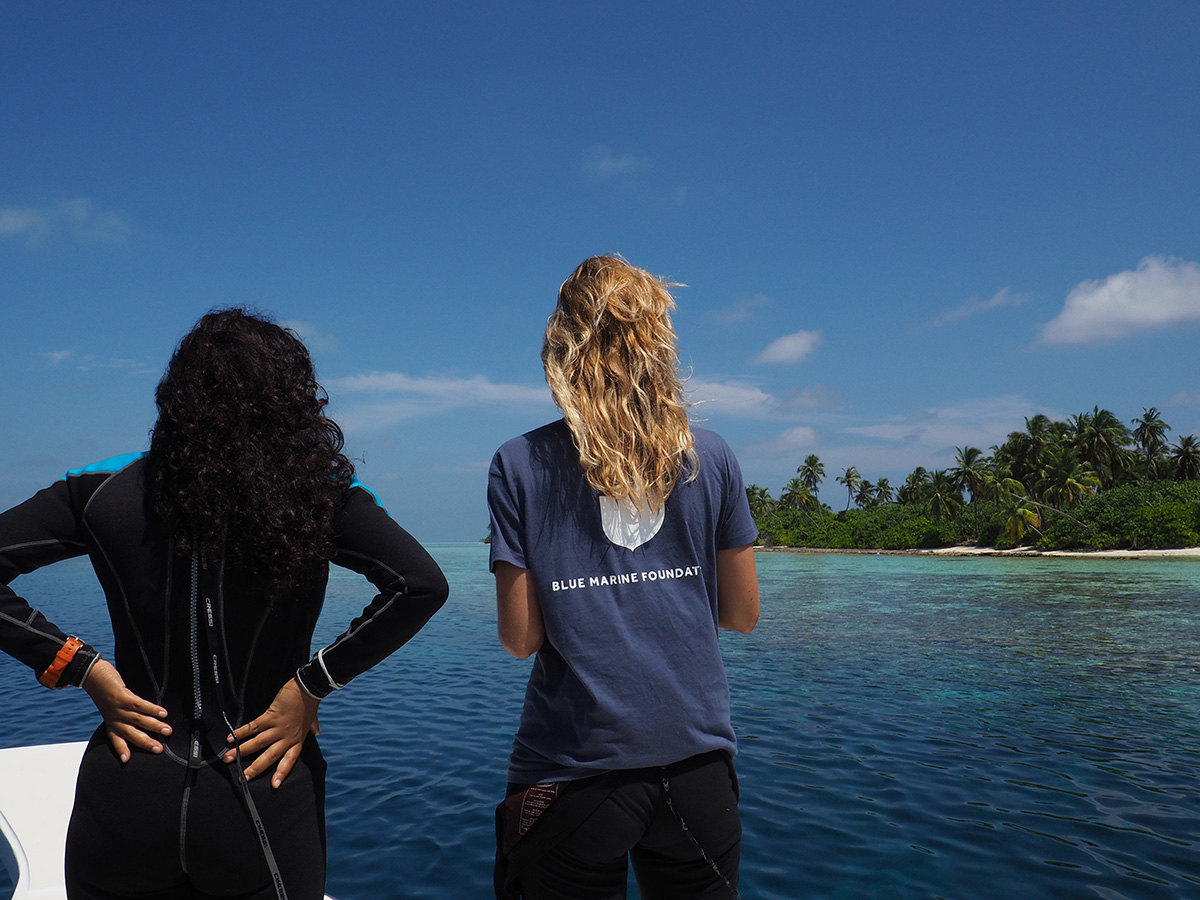
LUX: How do you persuade corporations to modify their environmental practices?
CGB: By enabling and educating them on the key role the ocean plays in mitigating the climate crisis and feeding the world.
LUX: Are there wealthy individuals who donate with one hand while their investments pollute with the other? What should they do?
CGB: We are very careful with KYC and our donors all share our values and mission alignment.
LUX: What is the highest priority for ocean protection as far as the foundation is concerned?
CGB: End overfishing and ensure 30% of the ocean is fully protected, with the remaining 70% sustainably managed.
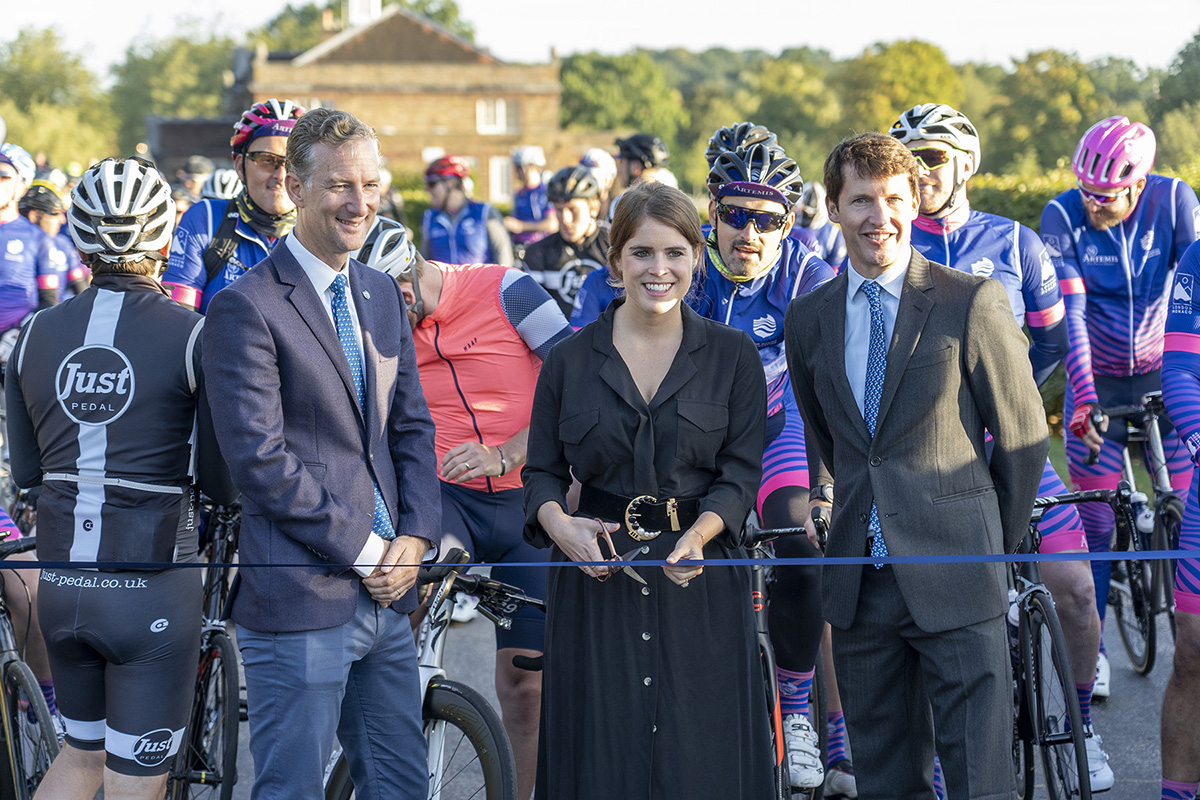
Arlo Brady, with Ambassadors of Blue Marine Foundation, Princess Eugenie of York and James Blunt
LUX: You have drawn extensively on celebrity ambassadors for the foundation. Who has done the best job for you, and why?
CGB: From Prince Albert II of Monaco to Simon Le Bon to James Blunt, they have all been incredibly supportive with our initiatives all over the world. And of course Stephen Fry, who narrated the incredible interactive tool we built, The Sea We Breathe. We have also been very smart with brand collaborations such as Christopher Ward, Sunseeker, Moke, Kenzo, and Ralph Lauren.
LUX: It’s 2050: what do you think the oceans will look like?
CGB: I hope that they are thriving: protected, restored, functioning and full of life, ensuring we have a healthy planet and bringing employment, healthy sustainable food and joy to all.
LUX: What and where is the biggest environmental tragedy in our oceans right now?
CGB: Illegal Unregulated and Unreported (IUU) fishing is happening all over the world, destroying ecosystems and stealing fish from the most disadvantaged citizens on the planet.
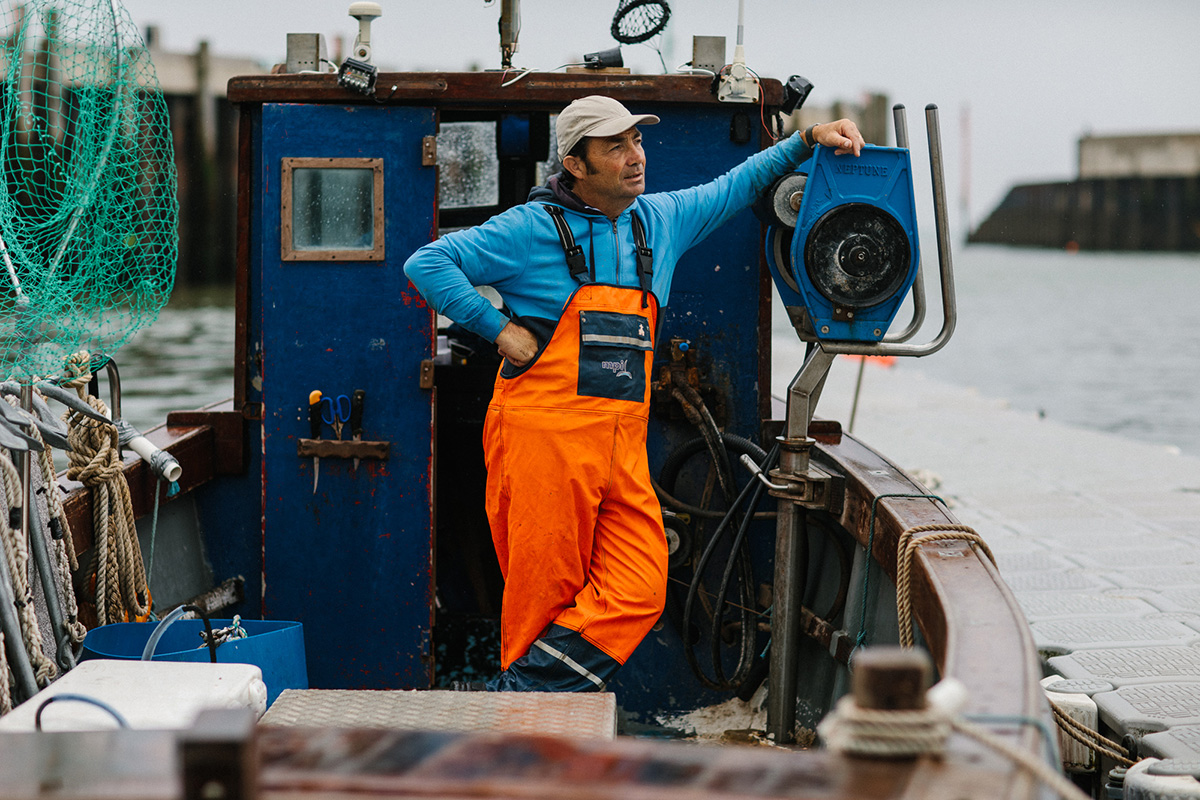
LUX: How would you explain to an intelligent but distracted business leader that the loss of a seemingly trivial marine ecosystem can have a fundamental effect on people on the other side of the world?
CGB: The ocean connects and carries everything. It is the life source of our planet, providing half the oxygen we breathe and absorbing half the carbon we produce. It also plays a key role in feeding three billion people. We need to protect it everywhere.
LUX: Where does the blame lie for overfishing – consumers, business, or governments?
CGB: The blame is with governments and business. Governments need to stop the ridiculous $22 billion worth of subsidies aiding overfishing; and businesses need to create absolute transparency of the supply chain.
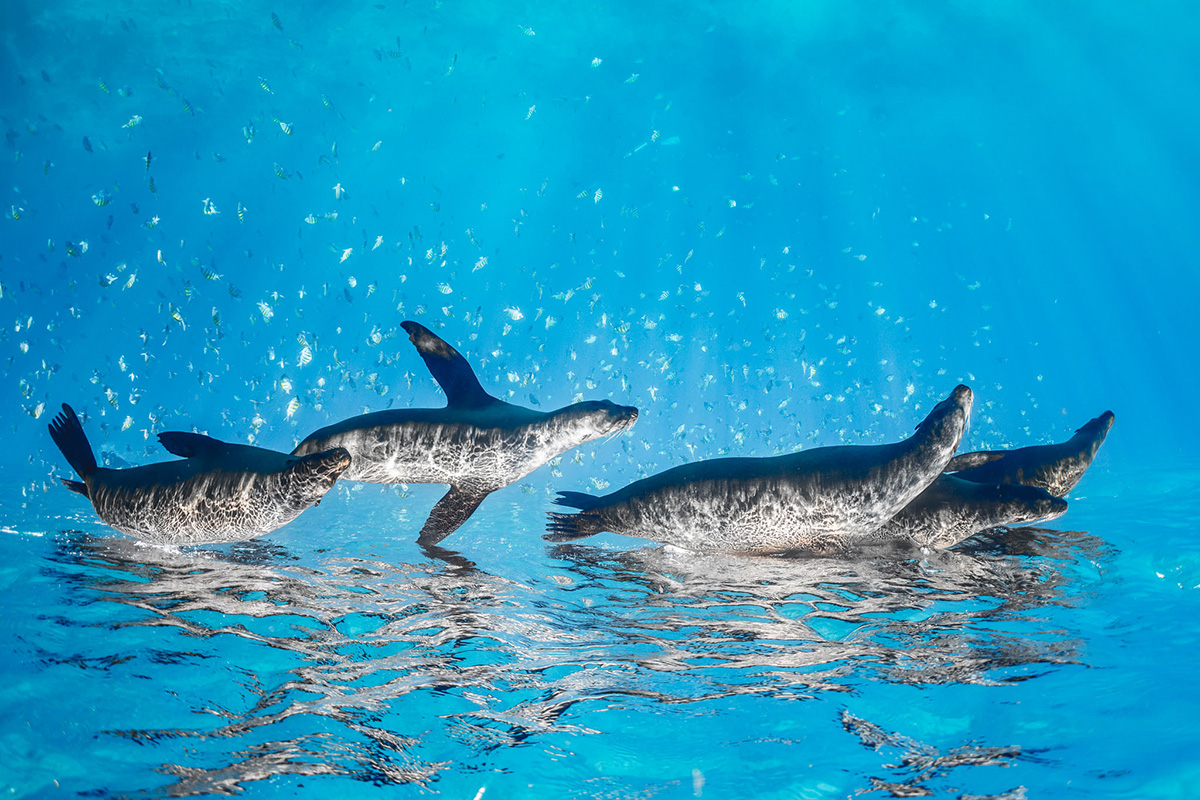
LUX: Why did you start Ocean 14 Capital?
CGB: We launched the Ocean 14 fund as it was clear that there was a huge need to build the conduit for capital looking at the blue economy. We believe that it is driving necessary positive impact on the ocean and making significant returns for the fund’s investors. Philanthropy is doing an incredible job but we need to attract institutional capital in order to transform the blue economy and this will only come if we create sophisticated impact investment vehicles like the Ocean 14 fund. If we do not create a sustainable and regenerative blue economy, we have zero chance of solving the crisis in the ocean and therefore protecting humanity – this is the most important investment thesis of our time.
LUX: The term ‘impact investment’ can be meaningless. Why is it not in your case?
Chris asked co-founder George Duffield to write the below response.
Because impact is in our DNA. We have spent more than a decade learning how to save the ocean. We work at a company level to build specific impact pathways, that are scientifically accurate and rigorously measured. Only then do we follow those pathways out to high level SDG 14 level goals. In other words, we work from detailed facts, not high-level assumptions. Impact is science, not goodwill.
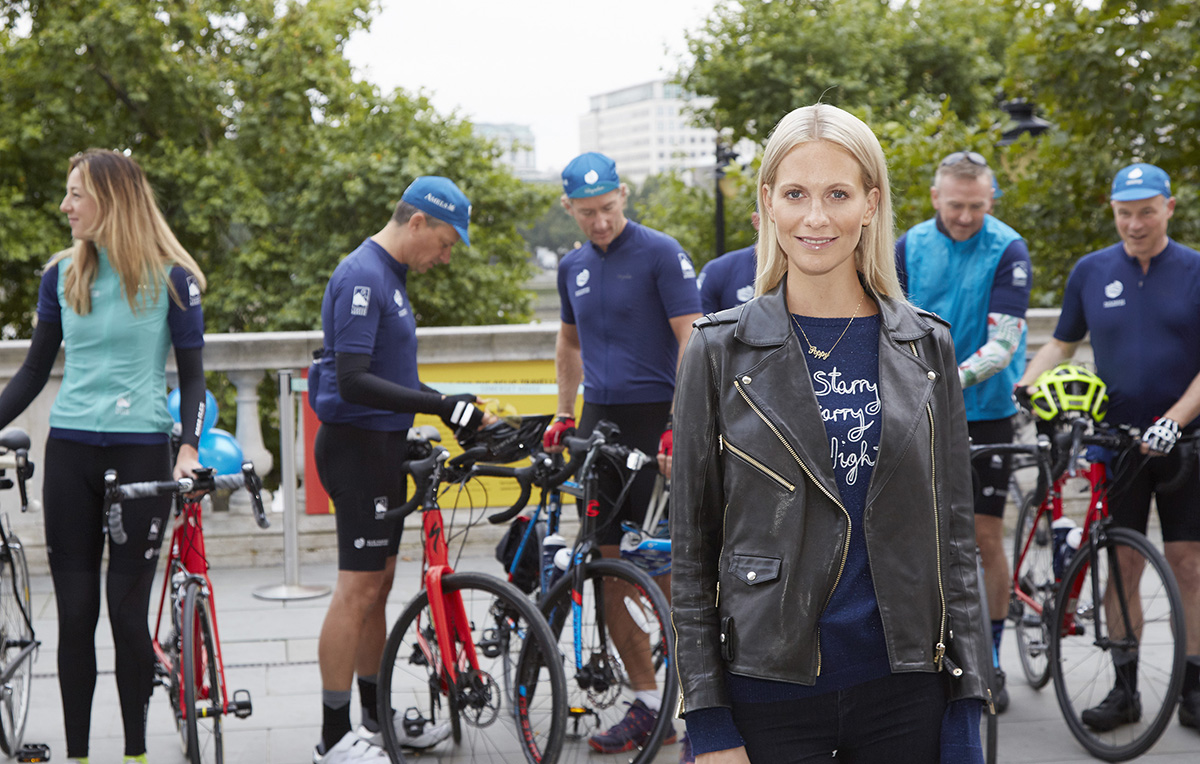
Ambassador of Blue Marine Foundation, Poppy Delevigne
LUX: What specific types of companies are you planning to invest in and why will they make a difference?
CGB: The fund’s investment strategy is focussed on ensuring food security and protecting and restoring marine ecosystems. The fund recently closed two transactions: SyAqua is a leading technology and genetics company for shrimp aquaculture, and will help transform the industry to be much more efficient and sustainable. The other company is called AION, who have created a whole new operating model for managing plastics inventory, called Circularity as a Service. This business aims to transform how plastic is managed in big industry – stop plastic entering the ocean and take plastic out of the ocean. We believe that all of the fund’s investments should deliver great returns for our investors and have a positive impact on the ocean.
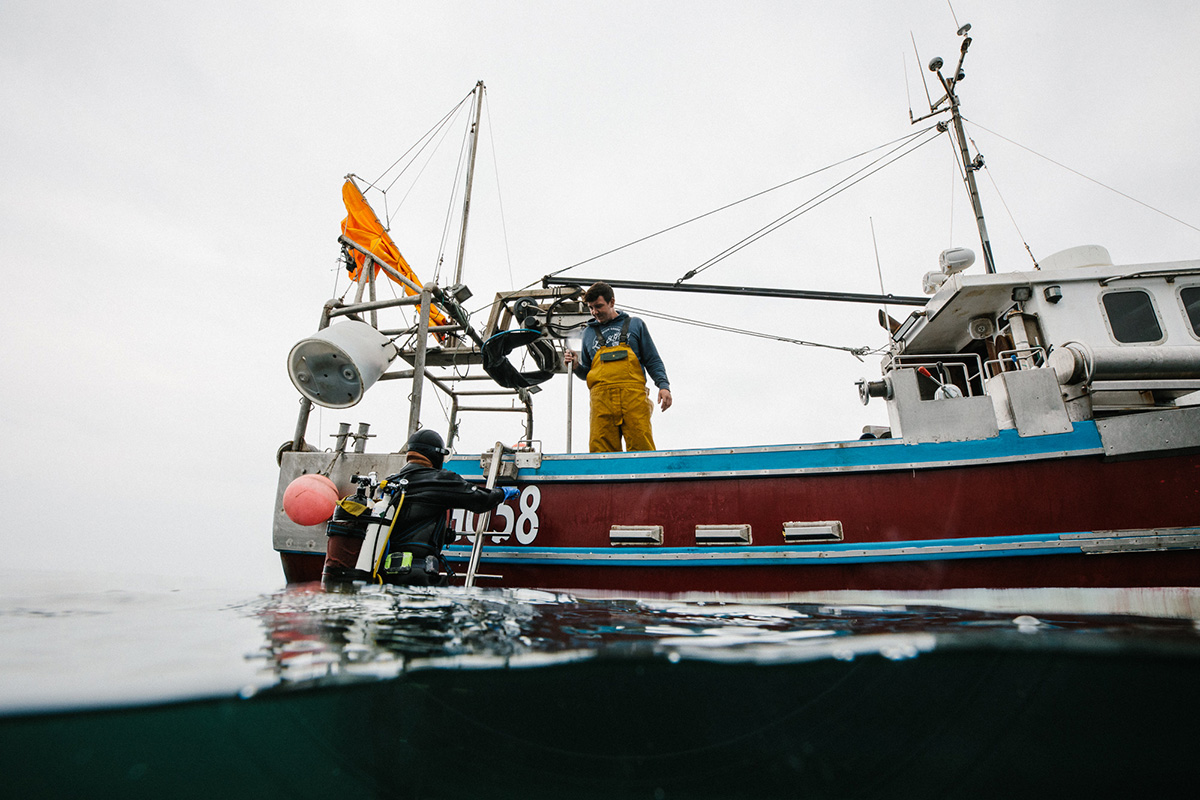
A man climbing on to a fishing boat from the sea
LUX: Blue finance is still maturing. How can investors be sure that sustainability projects will provide the scale and return they are seeking?
CGB: There is no trade off – we believe it is a win-win. We have the total convergence of drivers in the blue economy – the most valuable companies will be the most sustainable and impactful.
LUX: Why is blue economy investment so underserved currently, and will that change?
CGB: LIke marine conservation, when we started Blue Marine, the blue economy was very misunderstood and overlooked. Governments and businesses have been slow to realise the enormity of the problem and investors have missed the enormous opportunity. But the blue economy is now getting the attention it needs.
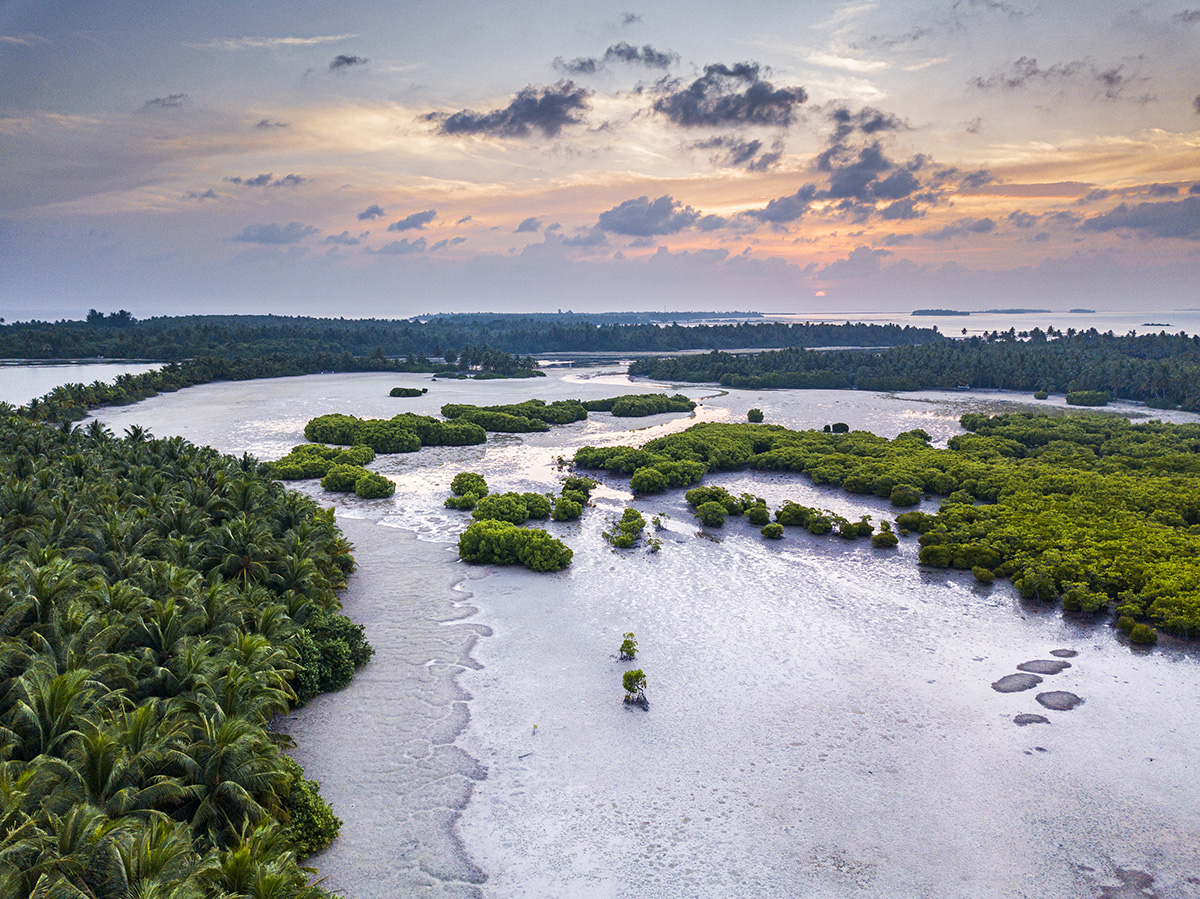
LUX: What will the blue economy look like in five years’ time?
CGB: In 5 years’ time, the blue economy will have matured. Ocean14 plans to launch a larger fund which aims to attract the large institutional investors we need to support the transformation of the blue economy. We believe there will be more funds in the space, and there will be more sophisticated securitisation vehicles for blue carbon and nature-based solutions.
LUX: Do you fear blue washing, and what can be done about it?
CGB: We need to be vigilant, but what we have created is the most sophisticated impact measurement and reporting platform in the blue economy. We need to create and standardise this approach so there is clarity and transparency of what a true impactful business looks like in the blue economy. Then blue washing will have nowhere to hide. There will always be bad actors in the global economy who try to conceal various sins with blue/green washing. But Blue Marine and Ocean 14 are very alert to it, and with the right KYC and due diligence it has no place in our work.
Find out more:








Recent Comments